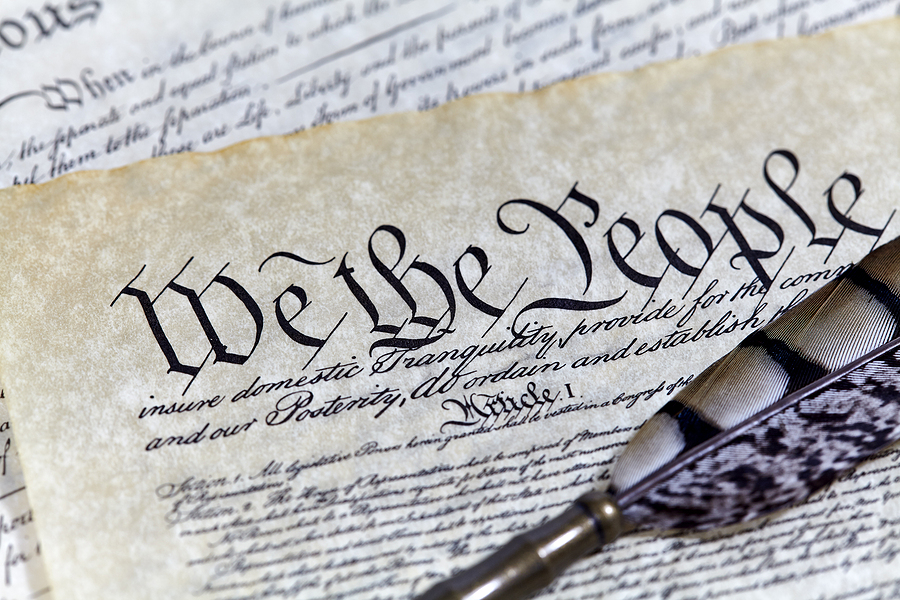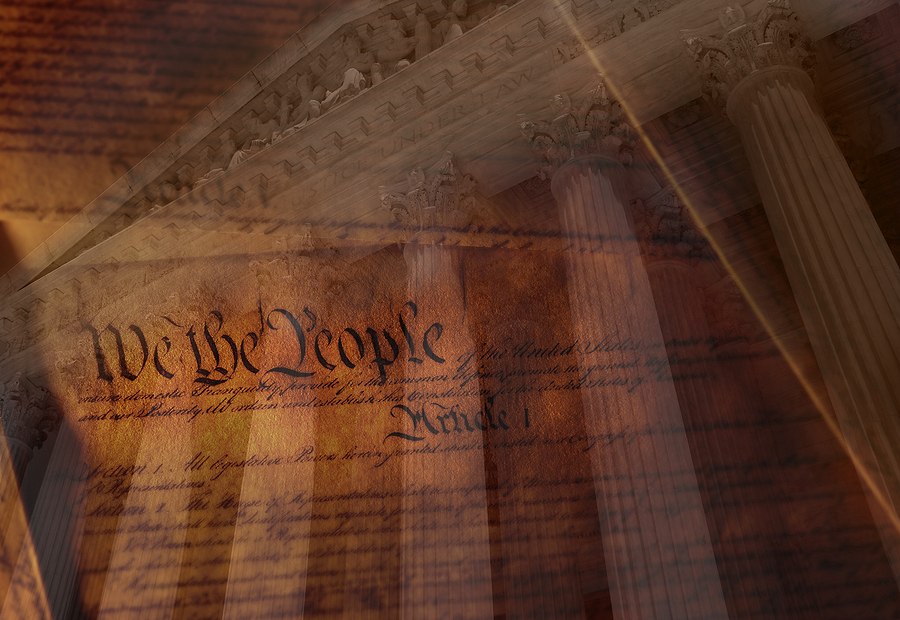When someone is arrested, one of the primary objectives is to secure their release while awaiting trial. For many Indiana residents, understanding the bail bond process can make this challenging time more manageable. Whether you’re a friend of the accused, a potential co-signer, or someone looking to turn themselves in, knowing your rights and responsibilities within this system is crucial.

Types of Bail Bonds Available in Indiana
A bail bond is essentially a financial agreement between the court and the accused, backed by a bail bondsman. It serves as a promise that the accused will appear in court for their scheduled hearings. If the accused fails to show, the court forfeits the bond, meaning the full bail amount must be paid.
In Indiana, there are several types of bail bonds available depending on the situation. Surety bonds are the most common, where a bail bondsman provides a bond to the court. Then there’s the cash bond, where the accused or their family pays the full bail amount in cash. Finally, there are recognizance bonds, where the court allows the accused to go free without any payment, based on their promise to return.
The Role of a Bail Bondsman
A bail bondsman plays a crucial role in the bail bond process, acting as a financial intermediary. They charge a fee, usually a percentage of the full bail amount, to post the bond on behalf of the accused. This service allows individuals who can’t afford the entire bail to still secure release. However, it’s essential to understand that failing to meet the terms of the bond can have serious repercussions.
Rights of the Accused and Co-Signers
The Right to Reasonable Bail
Under Indiana law, everyone has the right to reasonable bail unless charged with a grave offense. Reasonable bail aims to ensure the accused can resume their daily lives while awaiting trial, without posing a risk to the community.
Co-Signer Responsibilities
Co-signing a bail bond is a significant responsibility. The co-signer guarantees that the accused will adhere to all bail conditions and attend court hearings. Should the accused fail in these obligations, the co-signer may be financially responsible for the full bail amount, plus any additional fees incurred by the bondsman.
Responsibilities of the Arrested Individual
Appearing for All Court Dates
Once released on bail, the accused must attend all court dates. Missing a hearing while out of jail on a bail bond can lead to the bail being revoked and a warrant issued for their arrest. It also puts the co-signer at risk of financial loss.
Complying with Any Bail Conditions
Beyond attending court, the accused must comply with any conditions set by the court. These may include travel restrictions, regular check-ins with law enforcement, or refraining from contacting certain individuals.
Potential Consequences of Violating Bail Conditions
Violating bail conditions can have dire consequences. The court may issue an arrest warrant and revoke the bail, requiring the accused to remain in custody until the trial. For the co-signer, this can mean facing financial penalties and losing the bail amount posted.
If bail conditions are breached, it’s crucial to act immediately. Contacting the bail bondsman and legal counsel can sometimes remedy the situation, potentially reinstating bail under stricter conditions. Ignoring violations can escalate the matter quickly.
FAQs About Bail Bonds
Can I use a bail bond to get out of jail?
Yes, a bail bond can be used to get out of jail. A bail bond is a type of surety bond that allows an individual to be released from custody while awaiting trial. It acts as a promise that the defendant will appear in court for all required hearings and proceedings. Bail bonds are typically used when the defendant cannot afford to pay the full amount of bail set by the court.
In this situation, a bail bondsman or bail agent can be hired to provide the necessary funds for release. The defendant or their family will usually have to pay a non-refundable fee, usually around 10% or 15% of the total bail amount, to the bail bondsman. It’s important to note that while a bail bond can help an individual get out of jail, it does not mean they are cleared of the charges against them. It is simply a temporary release until their court date.
How does the bail bond process work?
The first step in the bail bond process is typically for the defendant or their family to contact a bail bondsman. The bondsman will then gather information about the defendant’s case and determine if they are eligible for a bail bond. If approved, the defendant or their family will need to fill out paperwork and pay the non-refundable fee.
The bail bondsman will then post the necessary funds with the court, allowing the defendant to be released from custody. Once released, the defendant will be required to attend all court hearings and follow any conditions set by the court. If they fail to do so, the bail bond may be revoked and the defendant could be sent back to jail.
Are there any risks involved with using a bail bond?
Yes, there are some risks associated with using a bail bond. The biggest risk is that if the defendant fails to appear in court or violates any conditions of their release, they could lose their bail money and potentially face additional charges. It’s also important to carefully review and understand the terms of the bail bond agreement before signing. Some agreements may include hidden fees or require collateral such as property or assets.
Can anyone use a bail bond?
No, not everyone is eligible to use a bail bond. In some cases, the court may deem an individual as a flight risk or consider them too dangerous to be released on bail. In these situations, a bail bond will not be granted. Additionally, if the defendant has a history of failing to appear in court or violating conditions of release, they may also not be eligible for a bail bond.
What happens to the bail money after the case is resolved?
If the defendant appears in court and follows all conditions of their release, the bail money will typically be returned at the end of their case. However, any fees paid to the bail bondsman are non-refundable.
In some cases, the court may also deduct any outstanding fines or fees from the bail money before returning it to the defendant. It’s important for the defendant or their family to keep track of any payments made and ensure they receive the full amount of their bail money back after the case is resolved.
Conclusion
Understanding the intricacies of the bail bond process in Indiana is vital for anyone involved, whether directly or indirectly. Knowing your rights, responsibilities, and the potential consequences of non-compliance can make a challenging situation more manageable.
If you find yourself or a loved one in need of navigating this process, seek professional advice. Legal experts and bail bondsmen can provide invaluable guidance tailored to your unique circumstances. For more detailed assistance or to begin the bail process, reach out to a trusted bail bondsman in Indiana. They can help you understand your options and make informed decisions.
Stay strong, stay prepared, and remember you are not alone on this journey. Contact Woods Bail Bonds at 317-876-9600 to learn what you need to know about the Indianapolis bail bond process. We serve over 30 counties within Northern, Central, and Southern Indiana, so do not hesitate to call.
Related Posts:
Know Your Rights: The Do’s and Don’ts of Bail Bond Agreements
Freedom’s Path: How to Pick the Perfect Bail Bondsman for Your Situation
Bail Bonds 101: What You Need to Know to Get Your Boyfriend Out of Jail


